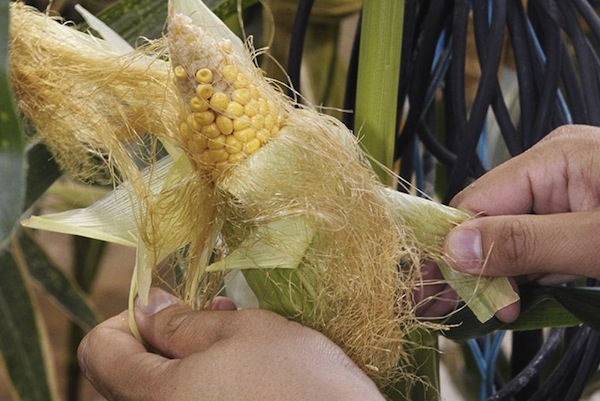Scientists and industry professionals are often called in to offer their expertise on various causes and products. And while practically all specialists can agree on some topics—such as climate change or the efficacy of a brand of toothpaste—there’s no clear consensus about the safety of GMO foods, which have been genetically altered to contain more nutrients or resist diseases.
Continue reading... →Researchers at Beelogics, a leading bee research firm, identified pesticides as a leading contributor to declining bee populations. In late September of 2011, Monsanto, a major producer of genetically modified foods, bought the Beelogics firm for an undisclosed sum. It now seems likely that Monsanto’s funding will manipulate research to point the blame away from chemicals used in GMO food production.
The bee decline affects all U.S. citizens. Bees are responsible for pollinating 1/3 of U.S. crops and are essential to sustaining our ecological lifespan. It is vital that researchers can identify the true cause of the decline so that responsible citizens can learn how to help the bee population.
If the USDA uses Monsanto-funded research from Beelogics, it will essentially be sacrificing scientific integrity for corporate interests. Please support the truth of scientific research and tell the USDA not to use research funded by Monsanto.
Continue reading... →The buzz around genetically modified organisms (GMOs) has grown to a fever pitch in recent months, with approval by the U.S. Department of Agriculture of three new kinds of genetically engineered (GE) foods: alfalfa (which becomes hay), a type of corn grown to produce ethanol, and sugar beets. And the approval by the Food and Drug Administration of a super-fast-growing salmon — the first genetically modified animal to be sold in the U.S., but probably not the last — may not be far behind.
Continue reading... →
